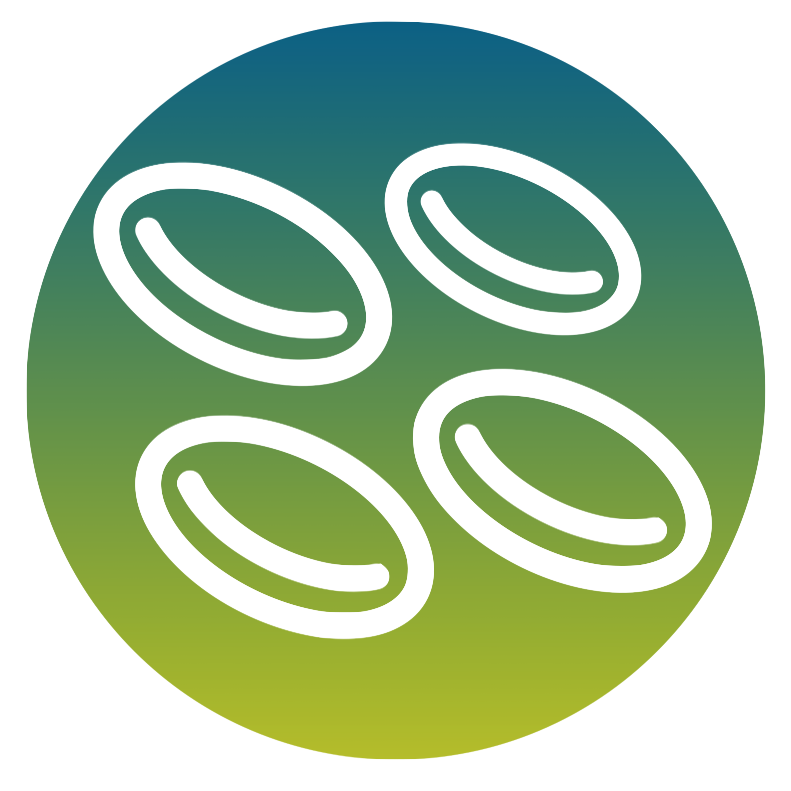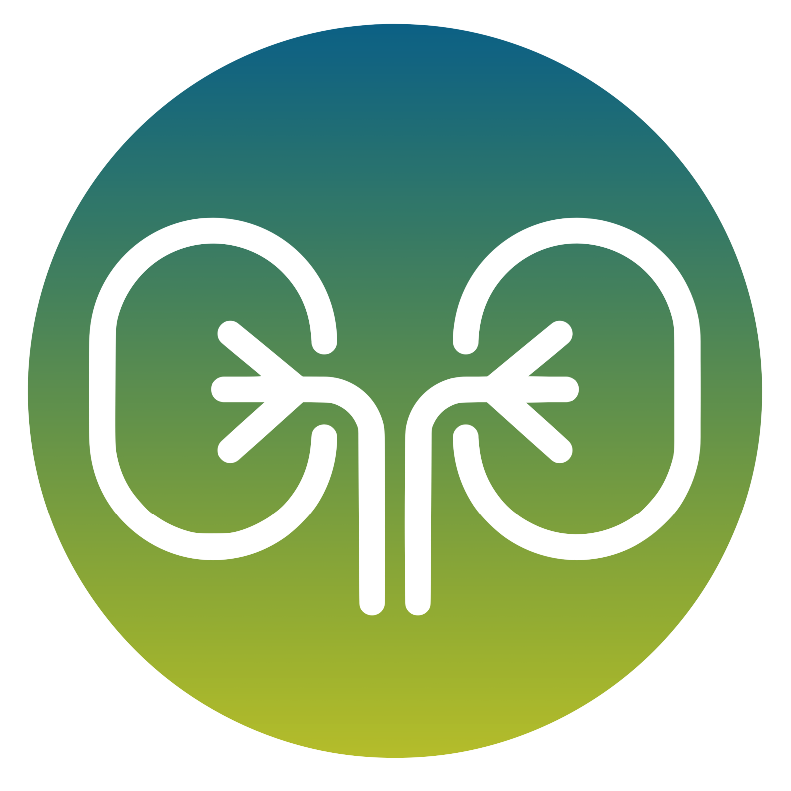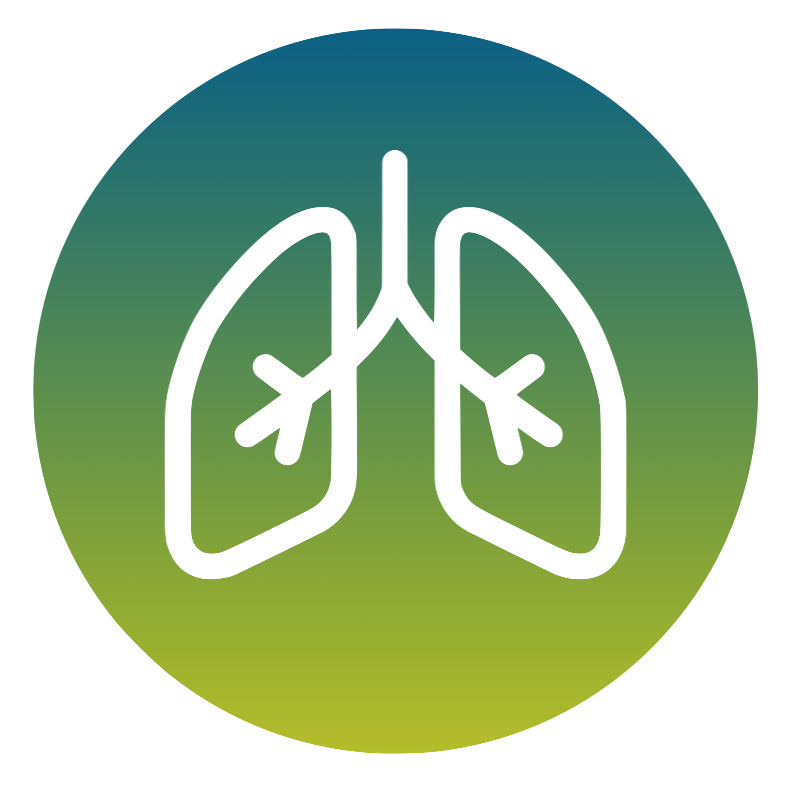Hyperinsulinism Code R-131
- Description
- Number Genes
- Prevalence
- Indications and clinical utility
- Test performed and limitations
- Other Specialities
Hyperinsulinism is a medical condition characterised by an excess of insulin in the blood. Insulin is a hormone produced by the pancreas that regulates blood glucose levels. When there is an over-activity of insulin production, this can lead to a number of health problems, including hypoglycaemia (low blood sugar levels). Symptoms of hyperinsulinism can include excessive sweating, tremors, intense hunger, confusion, and in severe cases, loss of consciousness. Diagnosis of this condition is usually made through blood tests to measure insulin and glucose levels.
34 genes
1/50,000 live births
Multi-gene panel aimed at molecular diagnosis of hyperinsulinism.
Method: NGS sequencing, determination of SNVs (Single Nucleotide Variants), small insertions and deletions and CNVs (Copy Number Variants).
Limits: The test is unable to determine the presence of underrepresented somatic events, balanced chromosomal rearrangements, nucleotide expansion events of repeat regions, CNVs <3 contiguous exons. <3 esoni contigui.
Some genes may have low coverage areas, where necessary or upon specific request, within the limits of methodological limitations, sequencing can be completed with alternative methods (Sanger).
Some genes may be duplicated in the genome (pseudogenes), which may invalidate the analysis.
..














